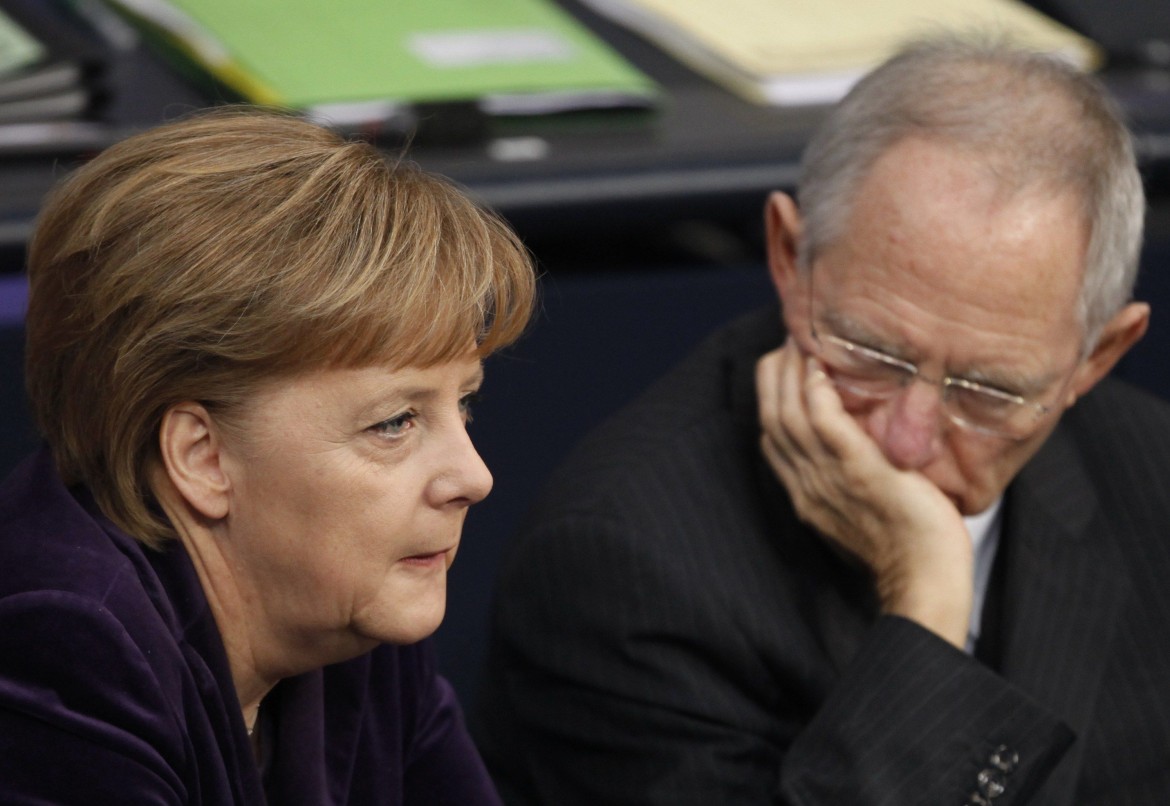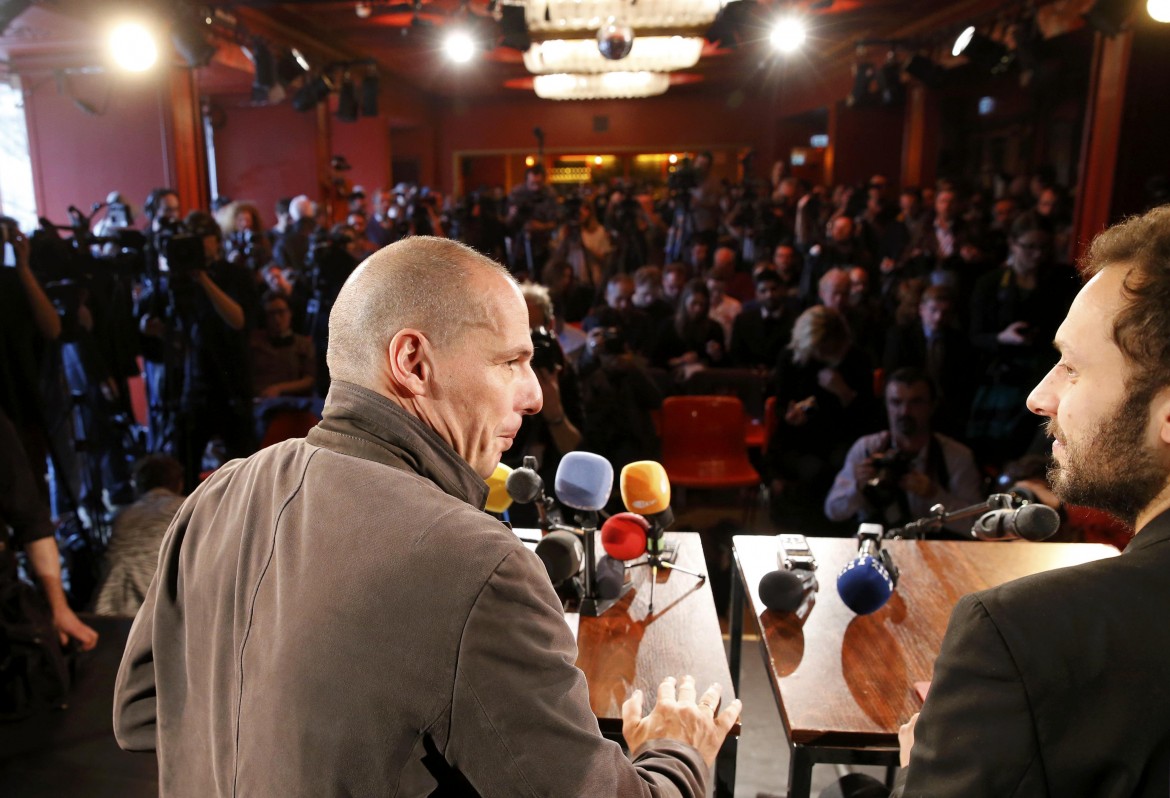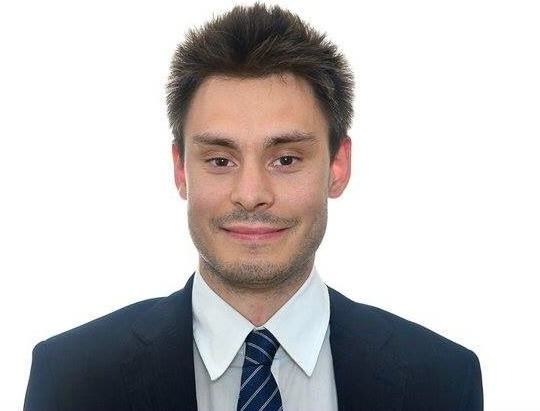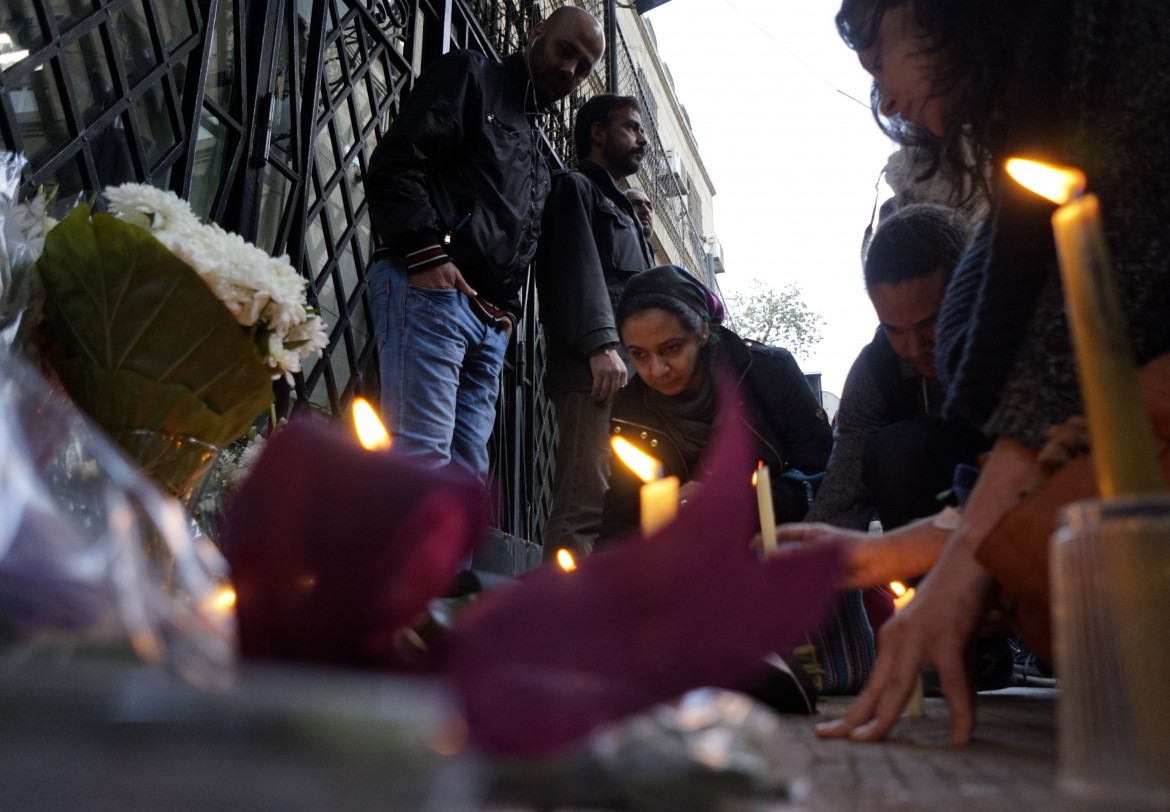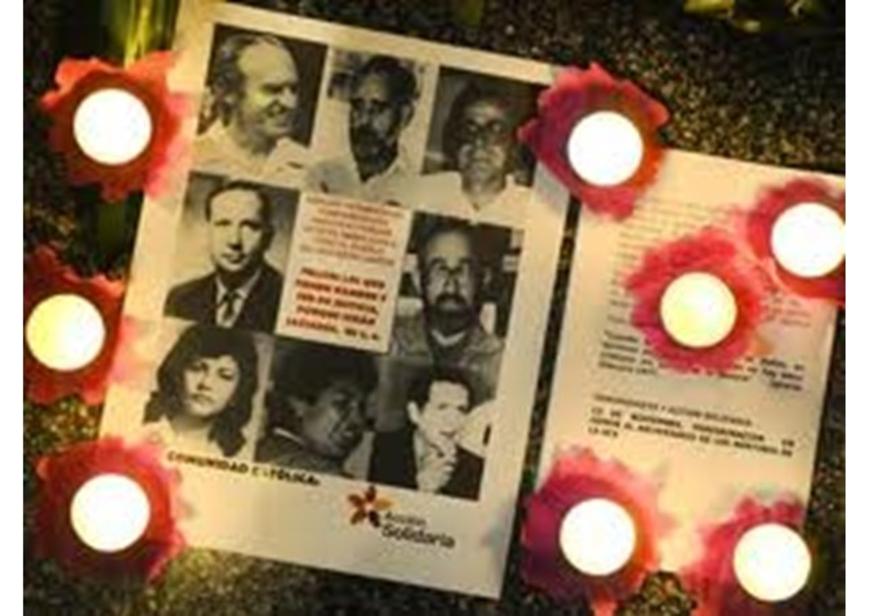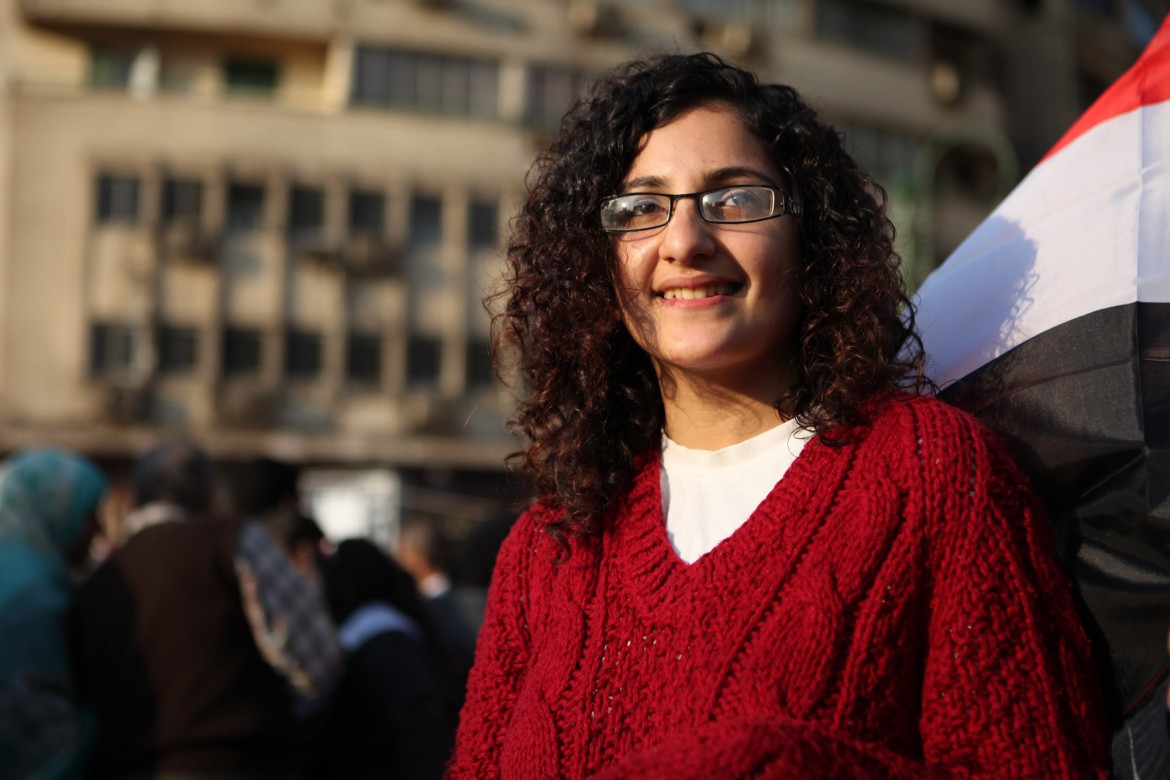His name is Sascha W., 34, a “logistical support specialist” of the Paris cell. He was arrested on Friday by the German police in Magstadt, after a warrant issued by the prosecutor of Baden-Wurttemberg, and was charged with international trafficking in weapons of war. The same weapons used in the Paris massacre, according to the German tabloid, Bild, which published the news along with details of the operation conducted by a SWAT team.
The “suspect” — the authorities were already keeping tabs on him — is accused of selling online two Chinese-made Kalashnikovs and two Yugoslav Zastava M70s on Nov. 7 to “Arabs in Paris.” French investigators seem to believe these are the same weapons used in the carnage six days later. The newspaper revealed the discovery of 15 rifles in the arms dealer’s house.
The arrest happened at the same time of other federal police raids carried out in Berlin. These searches focused especially on mosques and Islamic centers where yesterday a Tunisian and a Syrian “connected” to the galaxy of Sunnis in the capital were arrested. Investigators speculate there was preparation for an attack in a city in western Germany. There haven’t been any other substantial reports of danger, but the police cited “real alarms” after evacuating 20 buildings in the Berlin neighborhood of Charlottenburg due to a suspected car bomb linked to the arrests. The bomb threat at Hanover stadium (never found) has fueled a state of war.
Authorities are exerting increasing pressure and control on the so-called “Darknet” — an unsavory corner of the internet where arms are traded — as the possible targets of retaliation multiply, in view of the extension of the Bundeswehr’s committment in Mali, announced by Defence Secretary Ursula von der Leyen. A grand coalition proposes sending new troops to support (and progressively replace) the French troops in Africa, implementing a plan put in place two years ago.
This is a renewed war effort but not a new one. Germany has been officially at war in Mali for almost three years.
On Feb. 28, 2013, the Bundestag requested for the first time the deployment of German soldiers in the ranks of the European Union training mission to train local armed forces. The mandate has been extended until May 31, 2016, with the participation of 350 soldiers included in a joint Franco-German brigade. The stated goal is the Vietnamization of the conflict: “The Malian army must be able to stabilize the country on its own,” explains the Bundeswehr generals who no longer have to deal only with defense.
On the parliament’s horizon, the possibility of direct participation in the Syrian conflict looms, with far more substantial support to the existing field hospitals that includes the use of the old Tornado jets. From an operational standpoint, the Luftwaffe and marines are already on a mission coordinated by the French aircraft carrier Charles de Gaulle and are lending air tankers.
But even that is too active a part in Syria’s “civil war,” according to the Left Party (die Linke) that opposes the German war plans in the Middle East.
“We are opposed to the participation of the Bundeswehr in Syria,” the Left headquarters said. “It would be an operation without recognizable goals and predictable purposes. If Germany gets involved, the threat of terrorist attacks in the country will grow.”
The problem, if anything, is allied Turkey, especially for Chancellor Angela Merkel, who (also) counts on Erdogan to stem the tide of refugees that overwhelms the Federal Republic. For the Left Party, “the Ankara government is focused on the war against the PKK and PYD that are fighting the Islamic state in Syria and Iraq. Here, Germany has the opportunity to influence: It should say clearly to Turkey to stop the attacks on the Kurds.”

